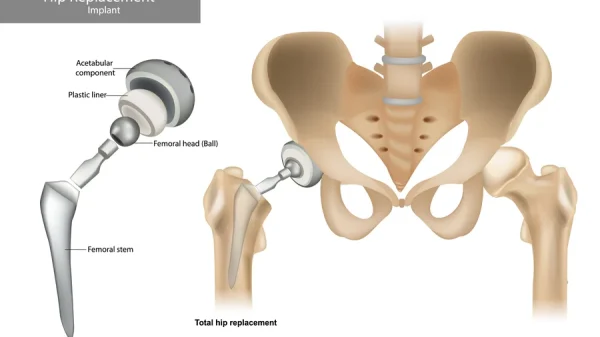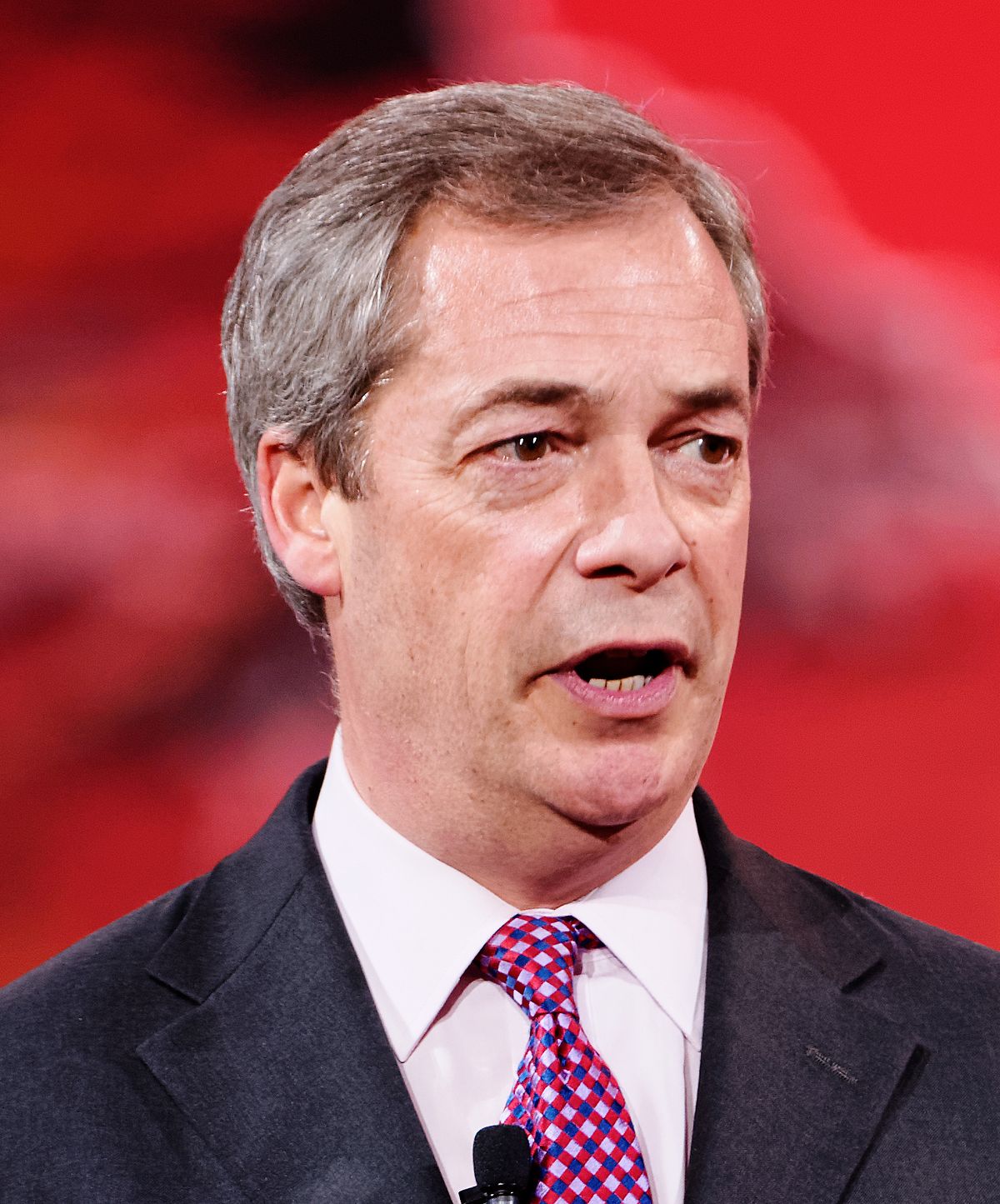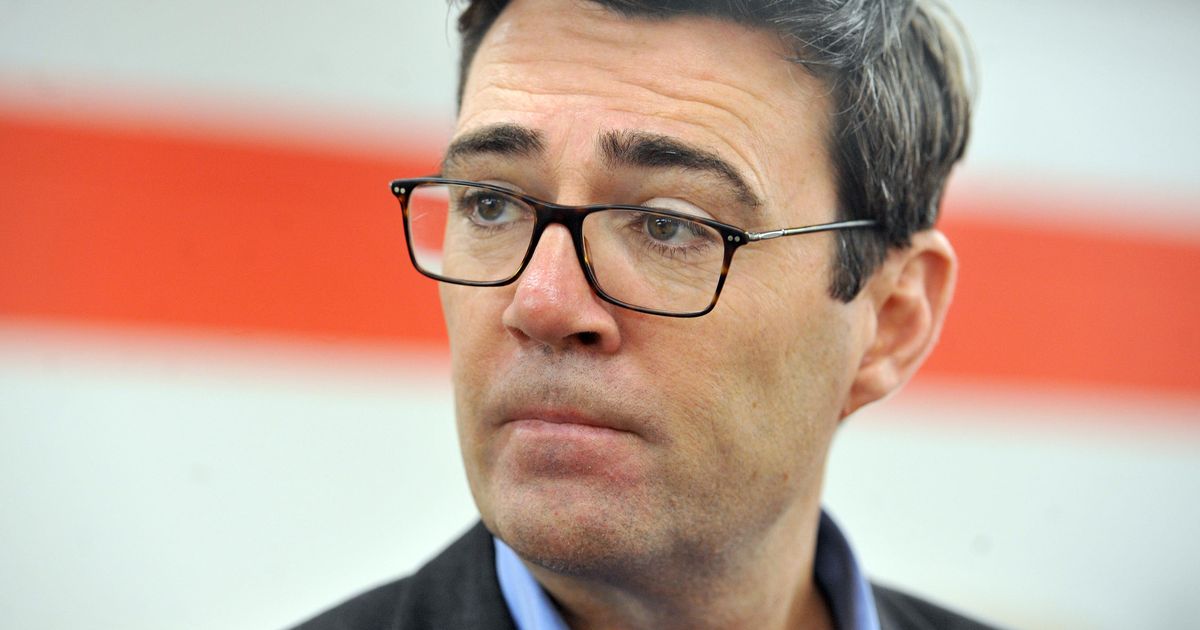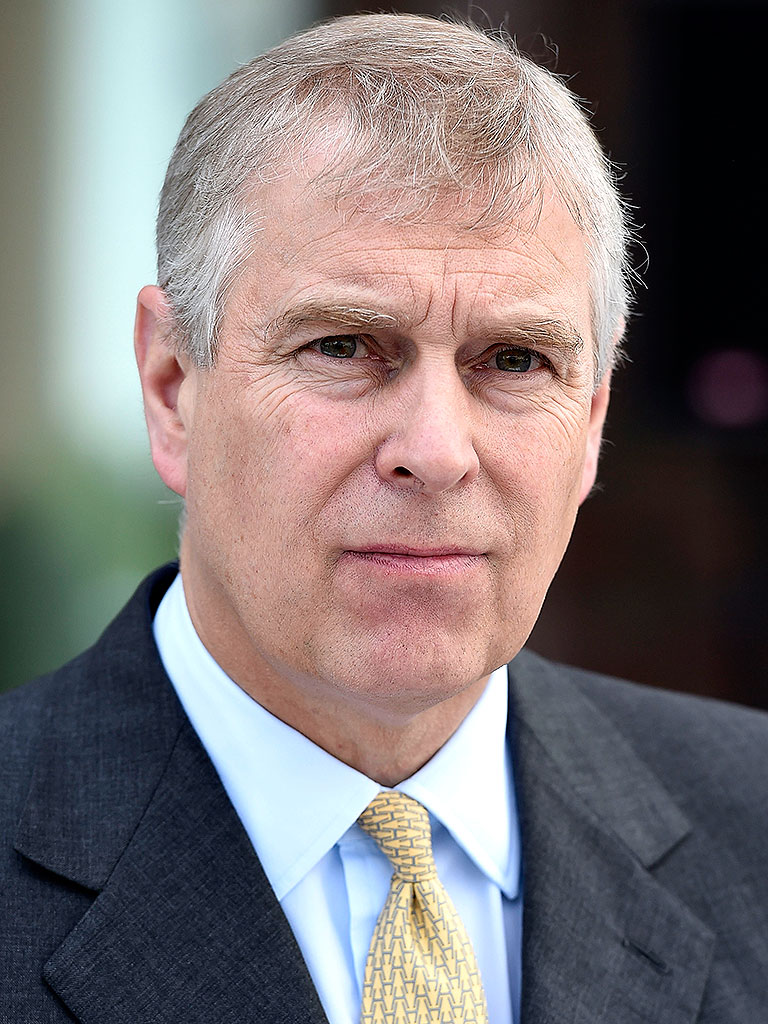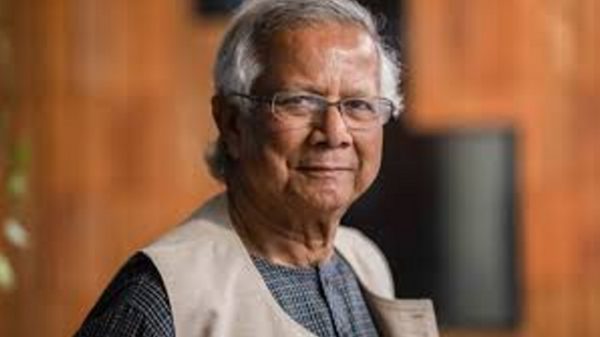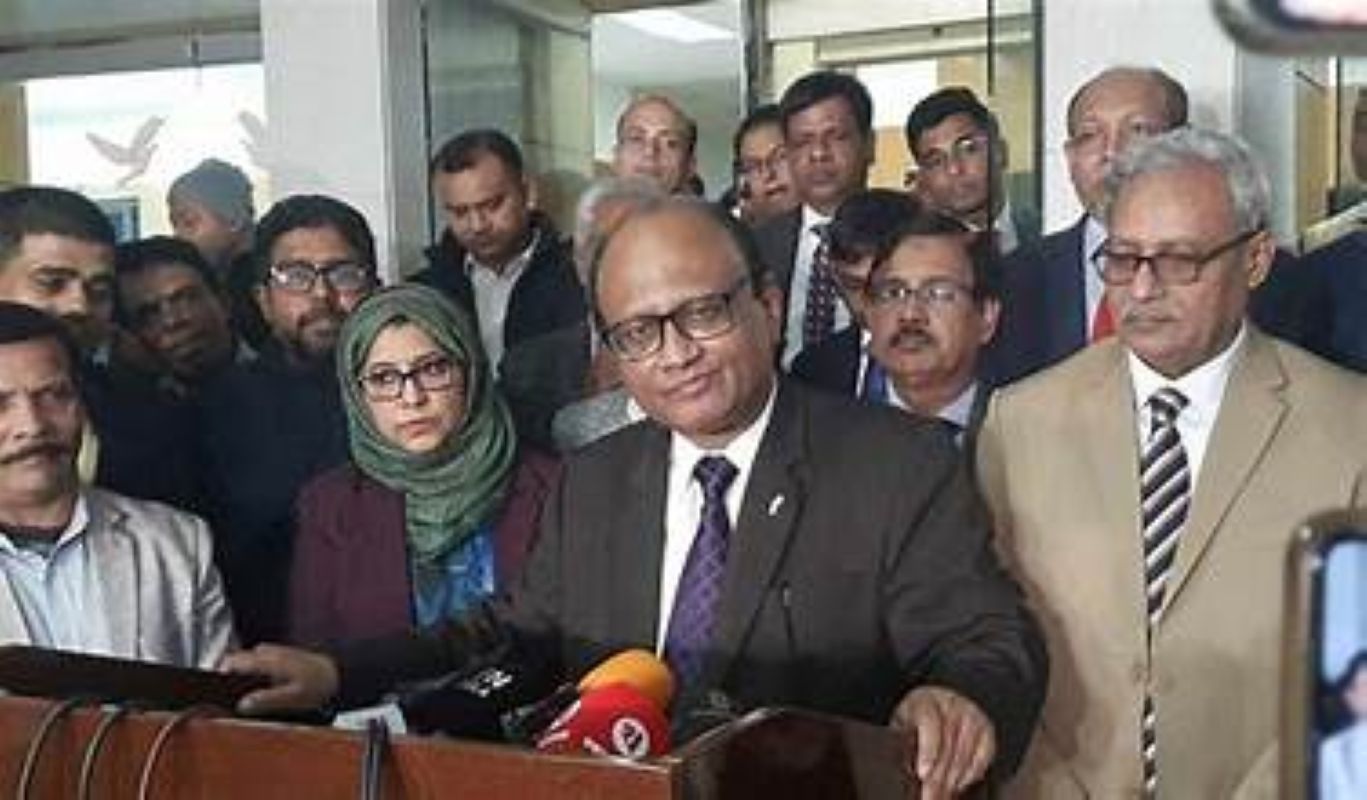This past September, the Assistant Director of Bangladesh’s Anti-Corruption Commission in Dhaka was suspended following allegations that he had taken bribes. Now, in a worrying development reported online, the top post on Bangladesh’s Anti-Corruption Commission (ACC) was allegedly secured off the back of a $16 million bribe.
According to the allegations, which remain unreported in the press, Dr. Mohammad Abdul Momen (pictured, centre) secured his appointment as ACC Chairman through payments made to Asif Nazrul, Legal Adviser to the interim government, and Asif Mahmud Sajib Bhuiyan, Adviser to the Ministry of Local Government, Rural Development and Cooperatives.
Since August of last year, the leaders of Bangladesh’s Interim Government have talked extensively about eliminating corruption, with Chief Advisor Muhammad Yunus saying: “There is no future for Bangladesh without being free from corruption.”
To long-term onlookers though, the Interim Government has never been completely politically neutral. And now, that future is in doubt as revelations over the government’s anti-corruption drive indicate the possibility of widespread misconduct and political influence.
The Interim Government’s political leanings was made most clear when – despite being responsible for shepherding in a new era of open and free elections – it led the push for a complete ban of the Awami League under the country’s Anti-terrorism Act. As one of the country’s two leading political parties, the ban was widely denounced by international rights organisations for being blatantly anti-democratic.
Alongside its efforts to suppress opposition and reshape Bangladesh’s political landscape, the Interim Government and the ACC have spent the last year levying accusation after accusation against individuals and companies it alleges are guilty of corruption. But with the spotlight now turned around, just how many of these accusations may have actually been about political retribution?
A report on its 2024 caseload reveals that the ACC filed 451 cases but dropped almost 90% of the previous cases filed that year. That means that over 350 cases were filed after the 5 August revolution.
Many of those cases were made against former ministers, MPs, ruling party affiliates, and senior government officials who were targeted for alleged economic crimes and were members of or viewed to have close associations with the Awami League. But, even as accusations of corruption surged, convictions plunged by almost 20%, hinting that many of the charges may be driven more by political score settling than by solid proof.
Such political motivation can be most clearly viewed in how the ACC has handled investigations. Often, allegations are first made in public where a high-ranking member of the Interim Government briefs the press and follows it with a flurry of asset freezes, travel bans and the like. Despite these high-profile allegations, individuals or companies can suddenly be taken off the ACC’s target list. For example, in an incredible turn of events, the Gemcon Group were suddenly taken off their target list last week with no explanation and despite having been sued by the ACC just a month before.
This pattern and the recent allegations of the ACC’s own corruption, calls into question how free from political influence Bangladesh’s reform efforts truly are. While the ACC has had a long history of being politically influenced, onlookers should be especially cautious now as elections approach.
The country is steaming towards political factionalism as competing parties vie for greater influence. Under those conditions, we can expect that those who have power may do all that they can to hold onto it, no matter the cost.

